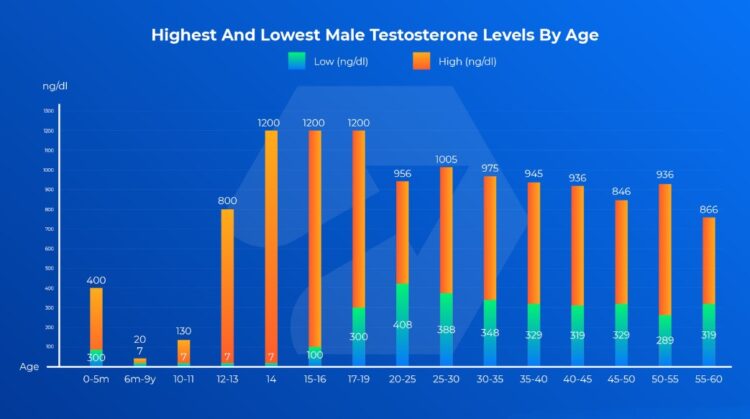Erectile dysfunction (ED), often referred to as impotence, is a common yet sensitive issue that affects many men worldwide. It’s essential to understand the factors contributing to this condition to facilitate proper diagnosis, treatment, and support. This article delves into the various reasons behind erectile dysfunction in males.
Page Contents
Physiological Factors and Their Impact
Physiological factors play a pivotal role in the onset of erectile dysfunction. Underlying medical conditions such as diabetes, high blood pressure, and cardiovascular diseases can disrupt the intricate balance of blood flow required for a healthy erection. Neurological disorders like multiple sclerosis can also interfere with the vital nerve signals that control blood circulation, exacerbating ED.
The Intricate Web of Psychological Causes
The mind-body connection is undeniable when it comes to erectile dysfunction. Psychological factors carry immense weight in this context. Stress, anxiety, depression, and performance anxiety are among the psychological culprits that can contribute significantly to the development of ED.
These factors can disrupt the release of neurotransmitters crucial for the proper functioning of sexual responses and trigger harmful hormonal imbalances.
Lifestyle Choices and Their Effects

Source: alcoholrehabguide.org
Unhealthy lifestyle choices can wreak havoc on erectile function. The habitual use of tobacco products, excessive consumption of alcohol, and illicit drug use can damage the blood vessels and diminish the blood flow necessary for sustained erections. Obesity, a growing concern, is often associated with hormonal imbalances and cardiovascular issues, both of which can fuel the flames of erectile dysfunction.
Medications, Treatments, and Unintended Consequences

Source: everydayhealth.com
Ironically, certain medications intended to address various health issues can inadvertently lead to erectile dysfunction. Antidepressants, antihypertensives, and medications that manipulate hormone levels may introduce side effects that interfere with sexual function.
Furthermore, medical treatments like radiation therapy and prostate surgery can unintentionally damage the nerves and blood vessels essential for achieving and maintaining an erection.

Source: sdlgbtn.com
As the hands of time turn, age brings its own challenges to the forefront. Hormonal changes, particularly the natural decline in testosterone levels, become more pronounced with age. Since testosterone plays a crucial role in maintaining healthy sexual function, imbalances due to age or other medical conditions can contribute to decreased libido and difficulties in attaining erections.
In the grand orchestration of erectile dysfunction, a complex interplay of physiological, psychological, and lifestyle factors takes center stage. Acquiring an in-depth understanding of the underlying causes is pivotal for effectively addressing this condition. Men grappling with ED should actively seek professional medical advice to identify the specific factors that are contributing to their situation.
Through comprehensive diagnosis and a holistic approach that encompasses lifestyle adjustments, psychological support, and potentially medical interventions, a significant number of erectile dysfunction cases can be successfully managed. This process can empower men to regain their confidence, rekindle their intimate relationships, and rediscover the joy of a fulfilling sex life.
In conclusion, peering into the intricate web of underlying causes responsible for erectile dysfunction opens doors to tailored treatment strategies and compassionate support for those affected. As research and medical advancements continue to shed light on this multifaceted issue, the outlook for addressing and managing erectile dysfunction becomes increasingly promising.
You can also read facts about erectile dysfunction and Sildenafil Treatment.





